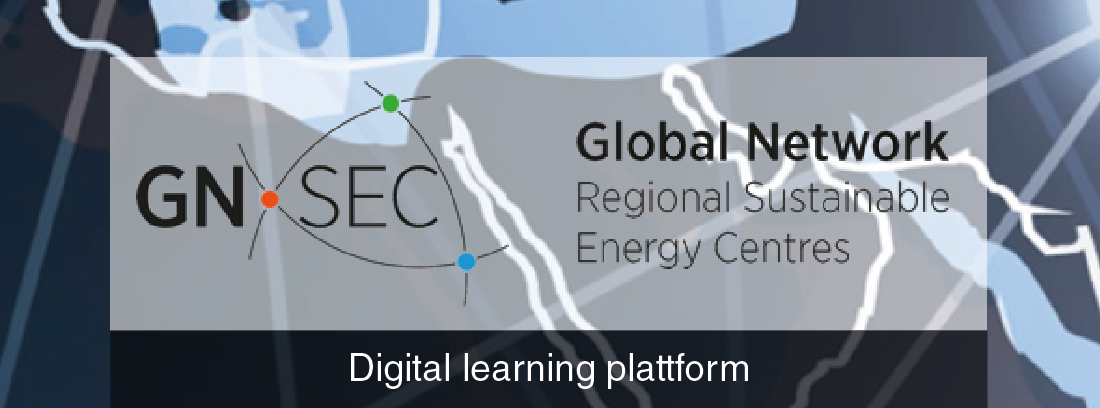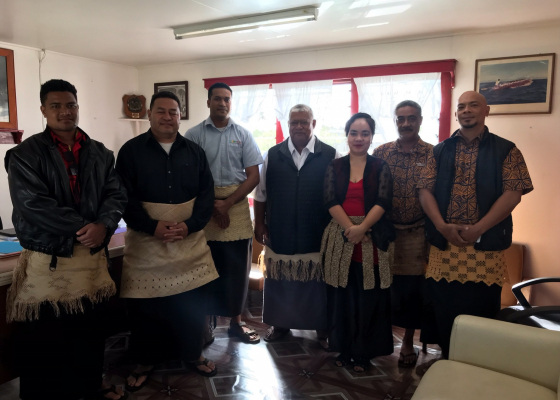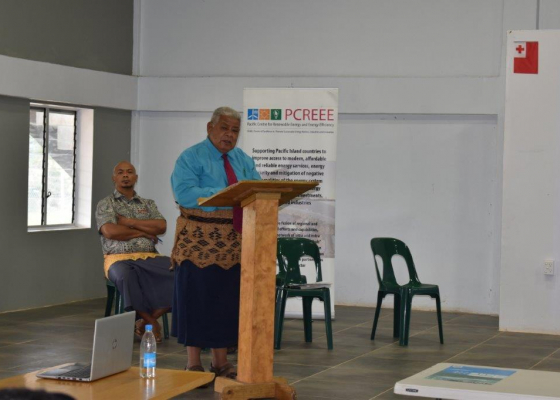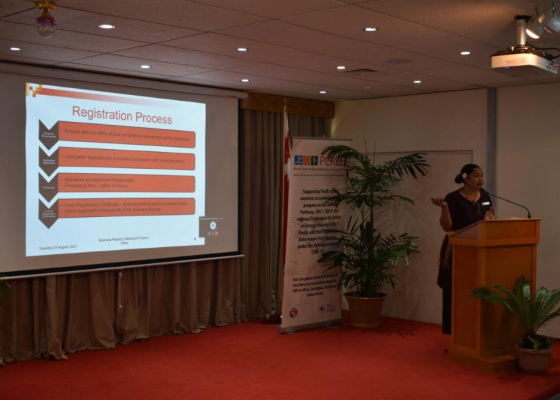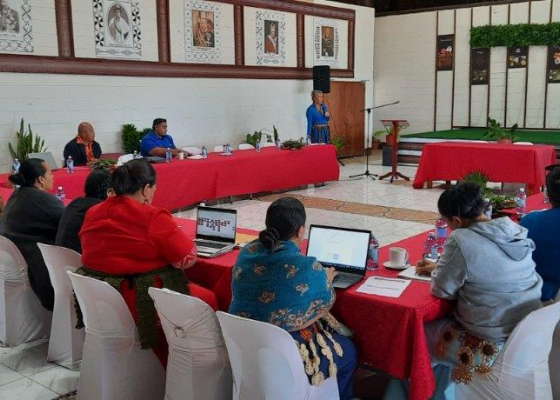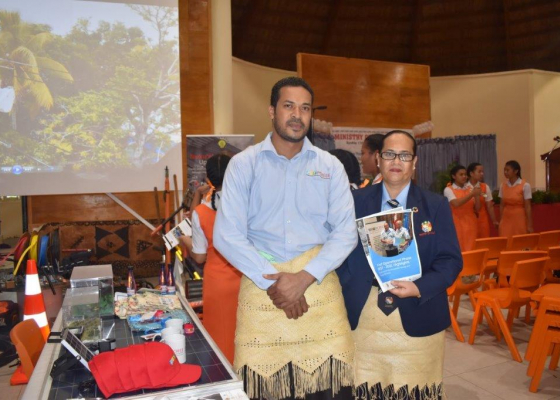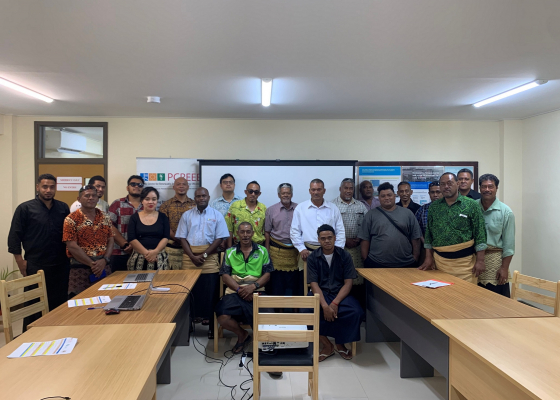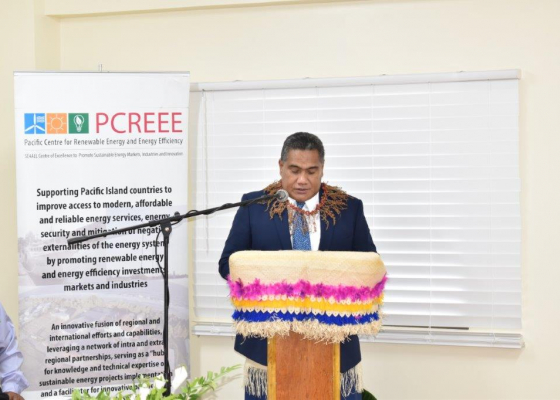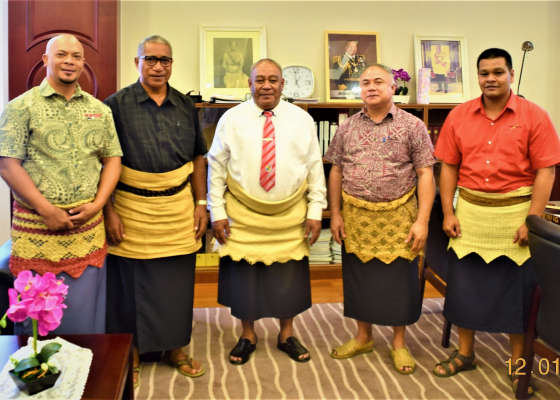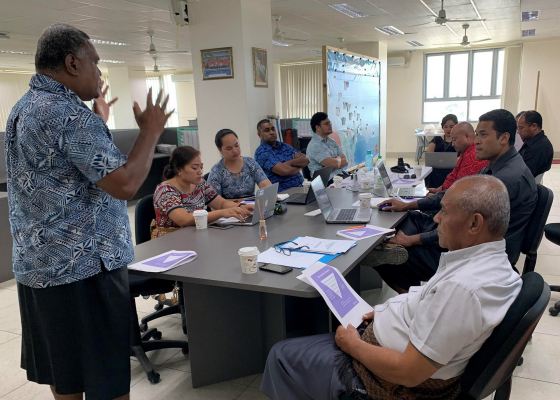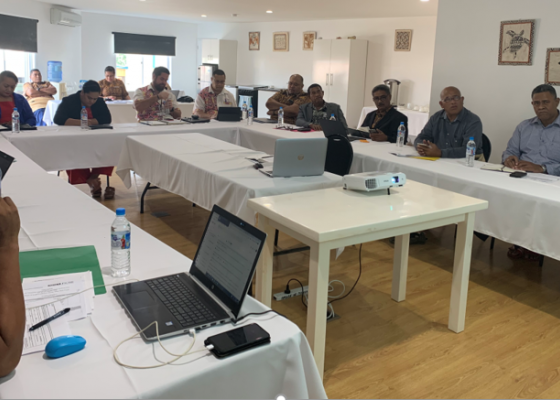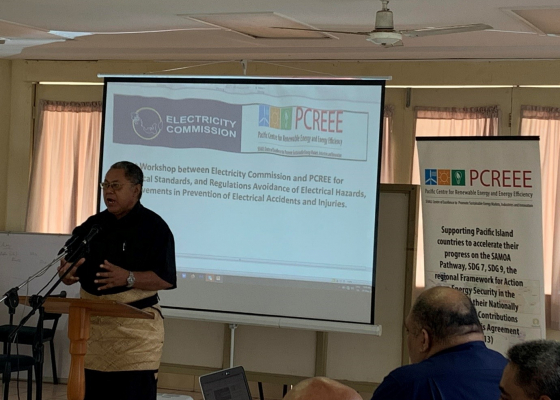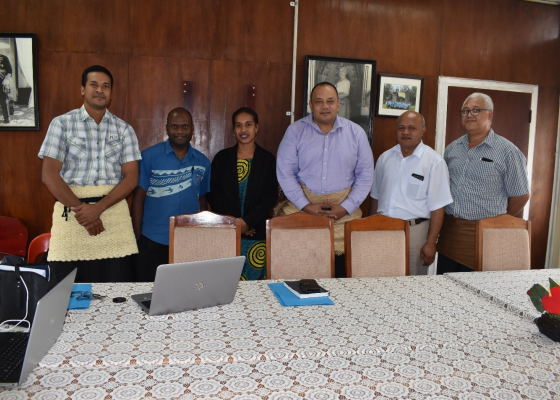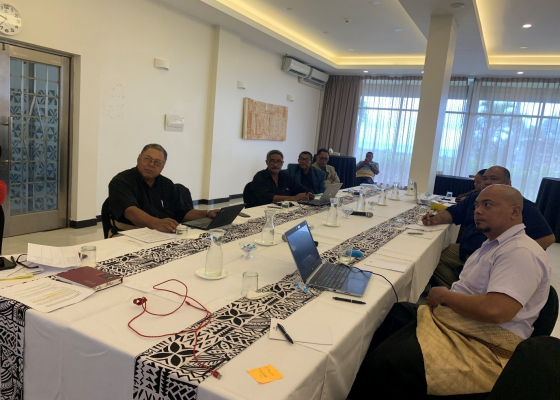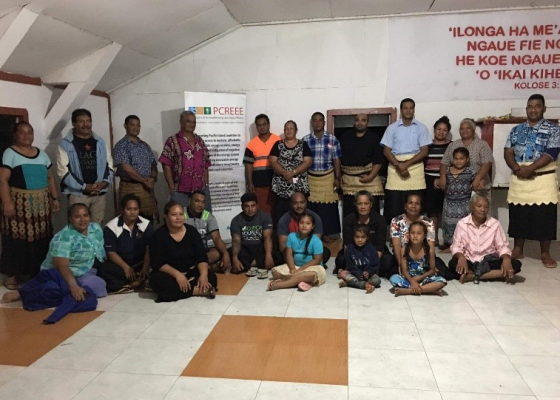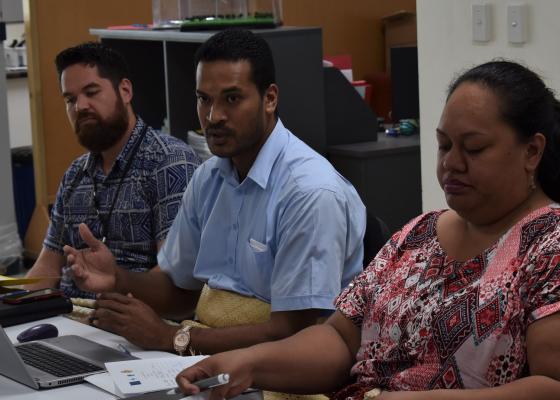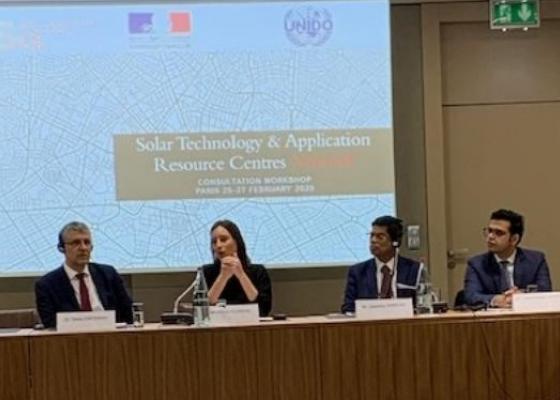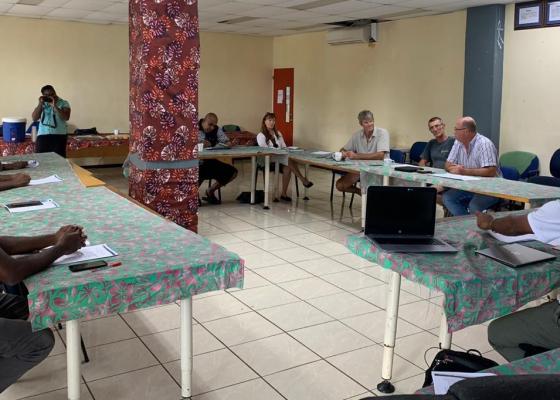Stakeholders mobilized to promote Low Carbon Land Transport in the Pacific Islands
[Photo: Demonstration of an electric car in Tonga]
Following the endorsement of the Framework for Energy Security and Resilience in the Pacific (FESRIP: 2021-2030) at the 51st Pacific Islands Forum on 6th August, close to 100 stakeholders gathered virtually to share, update and to discuss the challenges and opportunities presented by a more energy efficient and low carbon land transport sector.
Chaired by the Manager of the PCREEE, Mr Solomone Fifita praised the foresight of the 4th Pacific Energy and Transport Ministers Meeting of 2019 in directing SPC to assist members in addressing barriers to electric mobility in the region. “Pacific Island Countries must be fully informed and supported with data and analysis to support them in making choices for their sustainable mobility futures,” said Fifita.
Through PCREEE’s e-mobility readiness programme, feasibility studies on a low emission land transport sector are currently underway in the Solomon Is and Vanuatu and a public awareness programme focussing on electric vehicles will be launched at Savaii, Samoa later this month.
The gathering appreciated that in a region with ambitious renewable energy targets, the charging of electric vehicles from renewable electricity would be an additional opportunity.
Studies and analysis of various e-mobility scenarios were presented to the gathering and highlighted the likely adverse impacts of e-mobility on the technical and financial viability of the power utilities.
The Low Carbon Land Transport discussions was part of a multi-stakeholder workshop on Strengthening Partnerships for Energy Security and Resilience in the Pacific that was held on 28 – 30 September. It was aimed at strengthening partnerships and developing strategies for integrating energy resilience into country and regional plans to realise the ambitions of the FESRIP.
End
Upcoming Events
-
03/25/2026 to 03/26/2026
-
03/26/2026 to 03/27/2026
-
04/09/2026 to 04/10/2026
-
04/20/2026 to 04/24/2026
-
04/27/2026







